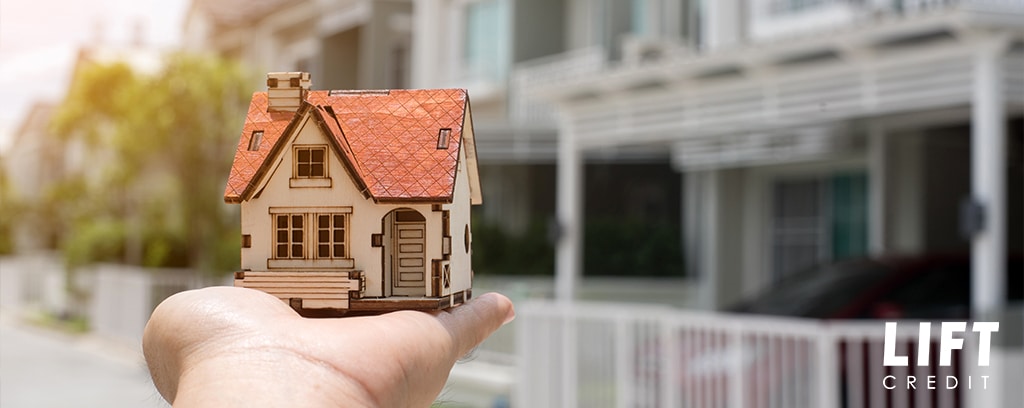If you’re ready to accept the responsibilities of being a homeowner, it can be a great long-term investment.
Before you decide to buy, consider that buying may end up costing you more than renting. You’ll be responsible for paying for all repairs, home insurance, taxes, utilities, and agent fees.
1) Begin saving for a down payment early. The more money you put down towards your home upfront, the less you’ll be paying in interest over the life of the loan (for a 30 year mortgage, it could save you tens of thousands of dollars), which means lower monthly payments. Also, the more you put down, the better mortgage rate you’ll get.
2) Don’t make big purchases three to six months before buying a home. You want your credit score in tip-top shape. Lenders want to see that you’re responsible, so don’t buy any big-ticket items, amass tons of debt or open a new credit card a few months before you start the process. And keep your pay stubs handy – lenders will want a paper trail of your income, as well as your spending for several months prior to the purchase of your new home.
3) Shop around for mortgage rates. Go to at least three different lending companies. Credit Unions often offer lower rates than banks. Just a half a percentage point lower on a $200,000 home can save you up to $23,000 dollars over a 30 year mortgage. Do this before you start home shopping, to determine what price range you can afford – experts recommend you spend no more than 25-30% of your annual income on home costs.
4) Consider putting 20% down if possible. You’ll be paying PMI (private mortgage insurance) until you reach 20% of the value of the home. Lenders require this in case you default on payments.
5) Ask questions! Ask how many viewings it’s had, how many offers it’s had, how long it’s been on the market, how long the seller lived there, or if anyone has died there – all of which can help you negotiate a lower price. If it has been on the market for a long time, try to evaluate whether it’s because they were asking too much, or if there are problems with the home or the neighborhood. Also be sure to ask if there are HOA fees, what the HOA covers, and if there are neighborhood pet restrictions. Check out the neighborhood to make sure it’s somewhere you would be comfortable living.
6) Get sellers to pay all closing costs. This is a common practice of real estate agents, so when putting in an offer, ask that they pay for 3% of closing costs, which in most cases will cover them completely.
7) Attend the home inspection. Check EVERYTHING – run the hot water to make sure the water heater works well, turn on the dishwasher, check locks on doors and windows, turn on faucets and fans, check door seals and look at the ceiling and the roof, look for mold, termites…the home inspector should be doing all of this, but you’ll want to be there to see everything he’s seeing in case he misses anything. You can ask the seller to make these repairs before closing on the home, or negotiate a lower price if you know there are things that need to be fixed.
8) Bundle home and auto insurance. Don’t be afraid to switch insurance providers if you can get a better deal with another company.
9) Rent a moving truck. It may seem like a lot of money up front, but if you’re moving very far from your current home, it will save you in time and in gas money. Plus, you’ll only need to call your friends or neighbors up to help you load it and unload it a few times, instead of enlisting their help for an entire day or over a couple of days, which could mean you’ll do the bulk of it yourself. Also, ask your friends to do it in shifts instead of having them all come at once, if you have to make a few trips. You’ll be more productive that way.
10) Once the home sale is complete, ask the seller to leave any extra paint for the walls or electrical appliance manuals they may have, if any surfaces need special cleaners (like wooden floors), where the floors and cabinets came from if you need to replace anything, and how to work the sprinkler system.









